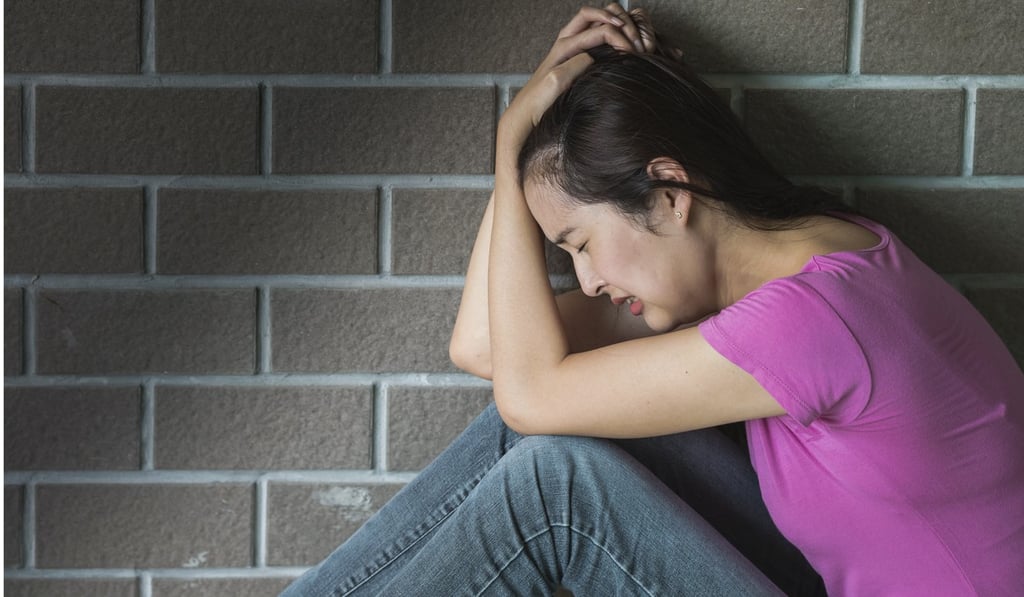Skype therapy? South Korea’s lack of mental health help forces stressed out foreign students to seek it online
- South Korea has some of the highest rates of suicide of any developed country and a society that has long been reluctant to engage with mental health issues
- Now, as record numbers of overseas students move to Seoul to study, these stigmas surrounding mental health are beginning to affect them, too


Worried about having another attack, she decided to seek regular counselling through a private therapist. But she struggled to find one who spoke English, and the ones who did were more interested in prescribing her medication, which she did not want. A single session also set her back about 90,000 won (US$75), which she found to be prohibitively expensive.
So the international trade and finance student decided to turn to the internet for help, and ultimately found herself an online therapist. Sessions with this professional psychologist, conducted using software such as Skype, are priced at about US$40 per one-hour session.
She has had six so far – one a week for the past six weeks – and said the therapy “definitely helps”. “I find it oddly satisfying,” she said. “It does give you way more freedom.”
